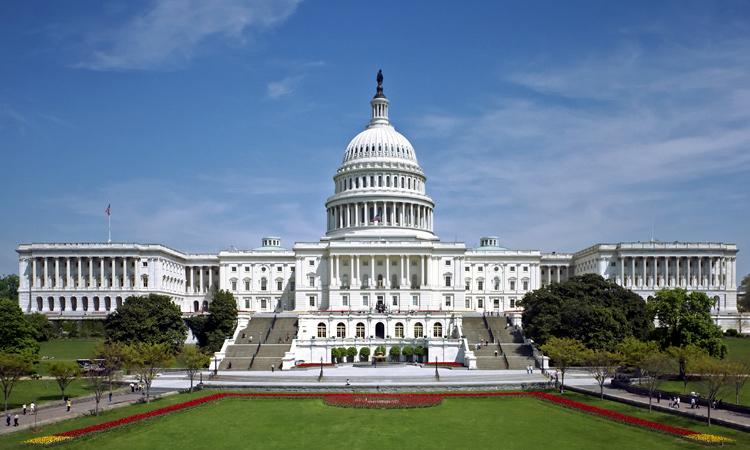U.S. Seeks More Time to Track Deported Venezuelan Amid Legal Proceedings
The U.S. government has petitioned a federal judge in Houston for an extension to locate a Venezuelan national recently deported during active immigration litigation. This case has drawn widespread attention, illustrating the intricate challenges faced in immigration enforcement and the protection of due process rights. Authorities are balancing compliance with judicial mandates while confronting logistical difficulties in tracing the individual’s current location following his removal from U.S. soil. These developments reflect broader national debates on immigration policy and the judiciary’s oversight role under the present administration.
Extension Request Highlights Complexities in Locating Deported Individuals
In a formal motion, U.S. officials emphasized the critical importance of finding the deported Venezuelan man, citing newly acquired intelligence that could assist in pinpointing his whereabouts. The request underscores the operational hurdles involved in managing cases where deportees’ locations become uncertain post-removal.
Several key obstacles complicate the search efforts:
- Communication Barriers: Attempts to contact the individual’s known associates have largely been unsuccessful, limiting investigative leads.
- International Collaboration: Coordinated efforts between U.S. agencies and Venezuelan authorities are ongoing but resource-intensive.
- Security Protocols: Sensitive investigations necessitate discretion to protect personnel and confidential information.
| Obstacle | Current Status | Effect on Search |
|---|---|---|
| Family Communication | Limited | Slows information gathering |
| Cross-Border Cooperation | Active | Demands significant resources |
| Field Operations | In Progress | High security risks involved |
Obstacles in Monitoring Deported Persons Internationally
Tracking individuals after deportation presents substantial challenges, especially in cases involving countries with limited data-sharing agreements or strained diplomatic relations. Once removed, deportees often return to environments where communication is sporadic or unreliable, complicating efforts to maintain accurate, up-to-date information on their status and location. Additionally, federal agencies face jurisdictional constraints and resource shortages that hinder sustained monitoring across borders.
Primary difficulties include:
- Restricted mechanisms for cross-national data exchange.
- Legal and diplomatic hurdles limiting access to information.
- Verification challenges due to fraudulent or incomplete identity documents.
- Insufficient personnel to conduct ongoing surveillance of deportees.
| Challenge | Consequences | Proposed Remedies |
|---|---|---|
| Data Sharing Limitations | Information delays or blockages | Strengthening bilateral agreements |
| Resource Constraints | Reduced capacity for follow-up | Allocating more funding and staff |
| Identity Verification Issues | Risk of misidentification | Implementing advanced biometric technologies |
Judicial Oversight and Legal Considerations in Deportation Cases
The judiciary plays a crucial role in overseeing deportation proceedings, ensuring that immigration enforcement adheres to legal standards and respects individual rights. When the government requests additional time to locate a deported person, it underscores the court’s responsibility to balance executive urgency with due process protections. Judges supervise not only the legality of removal orders but also ongoing compliance, particularly when the deportee’s status or location remains unclear.
Courts are tasked with:
- Evaluating extension requests for locating deported individuals.
- Verifying government adherence to deportation protocols.
- Safeguarding the rights of individuals post-removal.
- Promoting transparency and accountability between immigration authorities and affected parties.
| Judicial Function | Associated Challenges |
|---|---|
| Ensuring legal compliance | Limited access to deportees hampers oversight |
| Ruling on extension motions | Balancing government needs with fairness |
| Protecting due process | Complexity of immigration laws |
Enhancing Interagency Collaboration to Improve Tracking Efforts
Improving coordination among federal agencies, local law enforcement, and diplomatic entities is essential to streamline efforts in locating deported individuals. Establishing a centralized communication system that facilitates real-time data sharing and joint monitoring can significantly reduce delays and miscommunication. Additionally, standardizing reporting protocols and follow-up procedures will enhance accountability and operational efficiency.
Recommended initiatives include:
- Designating liaison officers within each agency to foster collaboration.
- Developing secure, shared databases accessible to authorized personnel.
- Implementing regular cross-agency training to harmonize procedures.
| Issue | Suggested Solution |
|---|---|
| Disjointed communication channels | Integrated digital communication platform |
| Slow information exchange | Real-time updates and alert systems |
| Inconsistent operational protocols | Standardized procedures and joint training |
Conclusion: Navigating the Complexities of Deportation Monitoring
The ongoing case involving the deported Venezuelan man exemplifies the multifaceted challenges inherent in immigration enforcement and post-deportation monitoring. The U.S. government’s request for additional time from the Houston federal court highlights the operational and legal intricacies of tracking individuals beyond U.S. borders. As authorities continue their efforts, the situation serves as a reminder of the need for enhanced interagency cooperation, robust legal oversight, and improved international partnerships to uphold justice and effective immigration management.

